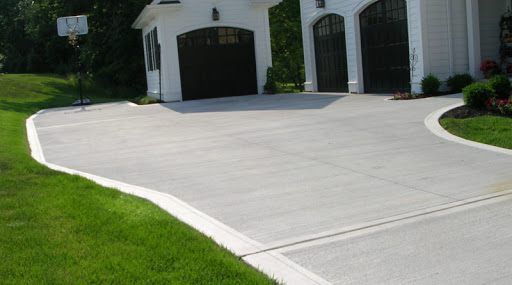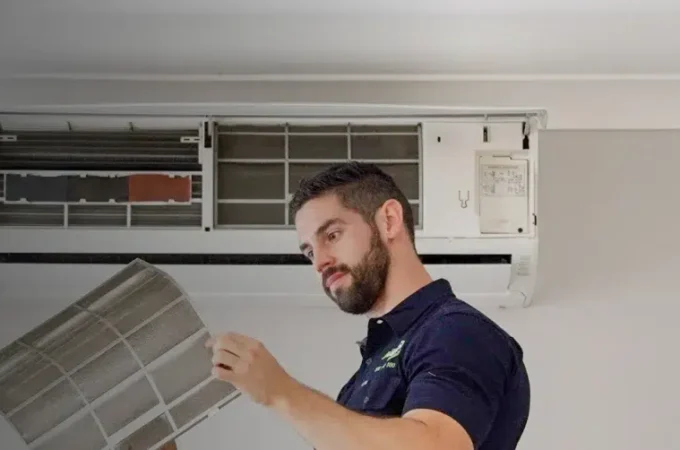
Concrete Driveways: Everything You Need to Know
We usually do not put a lot of thought into our driveways, especially after they have been built, and that’s a problem. Our driveway can last us anywhere between 10-20 years depending on our choice of material and how we take care of them. When we talk about commonly used materials for driveways then you will find people using brick, asphalt, and the like. However, the most common choice of material when it comes to driveway replacement.
Concrete is considered to be one of the basic materials to establish the foundation of any building or construction project, and for good reason of course. Concrete is a very tough and versatile material and you will find it being used for all kinds of projects be it a residential project, a commercial building, and so on. Concrete has become so popular that people have started using it to help decorate as well. Stamped concrete is a great example of people using concrete for their outdoor area and so on. For the sake of this article, we will be focusing solely on the use of concrete for driveways and whether or not you should opt for them.
Concrete does happen to offer many advantages, but at the same time, it has its set of drawbacks and issues too. This is why we will be discussing both the good and the bad below so that you can make a more informed decision on whether or not you want to opt for a concrete driveway for your home. If you still find yourself with questions or if you want to consult with an expert before you make any decision, you can always reach out to the people at Wildcat Concrete Contractors to help you during this time.
The Upside

- The biggest advantage that comes with using concrete as your choice of driveway material is the fact that concrete is incredibly durable. Concrete is very sturdy and can withstand wear and tear better than other materials. Given how driveways get both a lot of foot traffic and general traffic, concrete makes for a great candidate. If your concrete driveway is installed the right way and is periodically taken care of, it should be able to last you 20 years, which is a long time for a driveway. So concrete is tough and it will be able to withstand all kinds of weather and external pressure.
- Concrete also happens to be inexpensive when compared to your other options. Opting for brick or getting interlock pavers will both prove to be expensive. By choosing concrete for your driveway you will not have to spend a lot of money and you will still be getting the best possible quality, which is a win-win situation for anyone.
- Another great advantage of opting for concrete is that concrete will not require a lot of maintenance or upkeep. Concrete is usually a low-maintenance material and as long as you are wary of any cracks that might have developed and got a coat of sealant for water damage prevention now and then, you are good to go.
- Another great thing about concrete is the fact that it will not heat up during the summer. This means you will be able to walk barefoot on the surface of your driveway. During winters concrete makes it easy to shovel snow, so that is another bonus.
Concrete can give a very appealing look to your driveway and if you are hoping to improve your curb appeal then getting a good concrete driveway installed will do the trick.
The Downside

- One risk that you would have to be wary of when it comes to concrete, are cracks. Concrete usually does not crack and if your contractor has done a good job of prepping everything, mixing and, pouring the concrete then you will not have to worry as much about cracks. However, the risk of cracks suddenly coming on your concrete will be there in the back of your head.
- Cracks in your concrete can make it vulnerable to damage, and that is where you can get into trouble. If your concrete driveway has gotten damaged in any way then repairing it will become a hassle. With pavers, all you have to do is remove the problematic area, however, if there is a damaged area in concrete than you have to remove a large area of the concrete and then refill it again which can become a serious hassle and a waste of money.
- Lastly, with concrete, there is a risk of staining. So if you have gotten oil tracks or other kinds of stubborn marks in your concrete then you will have to buy a proper cleaning agent and solution to get rid of the stains on the concrete.




